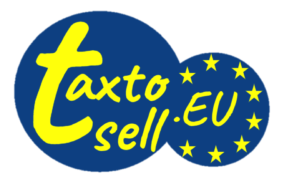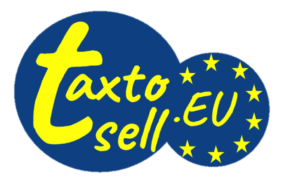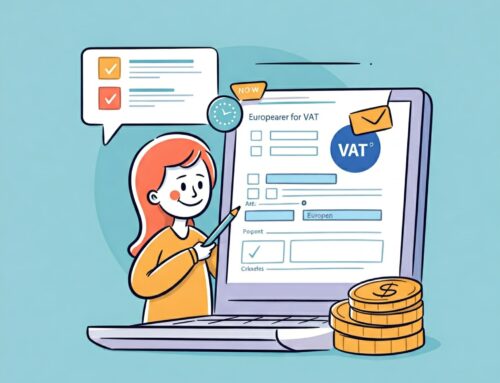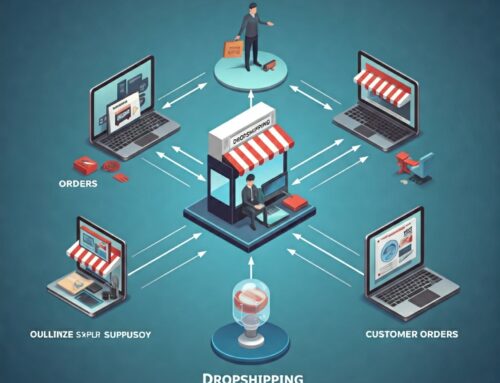This article has been written after the the substantial change in VAT regulation of July 2021.
Understanding the VAT Schemes: OSS vs IOSS, and Non-Union for Cross-Border Transactions in the EU
The OSS (One-Stop-Shop), IOSS (Import One-Stop-Shop), and non-Union schemes are all related to the taxation and reporting of cross-border transactions within the European Union (EU). Here’s a breakdown of the differences between these schemes for online selling in EU:
- OSS (One-Stop-Shop):
- Purpose: The OSS allows businesses to report and remit VAT (Value Added Tax) on certain supplies of goods and services across multiple EU member states using a single online portal.
- Scope: It applies to B2C (business-to-consumer) supplies of goods and services, including distance sales, certain electronically supplied services, and other specified transactions. There exists a 10k threshold: if a business’s total annual turnover from its cross-border sales within the EU does not exceed €10,000, it can choose to apply the VAT rules of its home country instead of registering for VAT in the member state of consumption).
- Benefits: The OSS simplifies the VAT reporting and payment process by eliminating the need for businesses to register for VAT in each EU member state where they have customers. It streamlines compliance and reduces administrative burdens.
- Registration: Businesses can register for the OSS in their home member state and declare their cross-border sales using the designated OSS portal.
- IOSS (Import One-Stop-Shop):
- Purpose: The IOSS simplifies the collection and remittance of VAT for distance sales of low-value goods imported into the EU from third countries (non-EU countries), from an EU company or a non-EU company.
- Scope: It applies to B2C imports of goods with a consignment value not exceeding a specified threshold (€150 as of July 1, 2021). This threshold may vary depending on the EU member state.
- Benefits: The IOSS enables businesses to collect and pay VAT at the point of sale, reducing customs delays and administrative complexities. It allows for a smoother and faster customs clearance process.
- Registration: Businesses based outside the EU can register for the IOSS in any EU member state and use the IOSS identification number on customs declarations for qualifying goods.
- Non-Union Scheme:
- Purpose: The non-Union scheme is applicable for businesses established outside the EU that sell goods or services to EU customers but do not use the OSS or IOSS schemes.
- Scope: It covers B2C sales of goods or services that do not meet the criteria for the OSS or IOSS schemes.
- Registration: Businesses must register for VAT in individual EU member states where they have customers and comply with the VAT rules and requirements of each specific country.
Before applying to these schemes and start online selling in EU you need a VAT number: you must register in order to become an intra-community operator. Do you want to know how to get a European VAT number? For all these questions and more, ask our Free Online VAT and tax consultant in EU.





